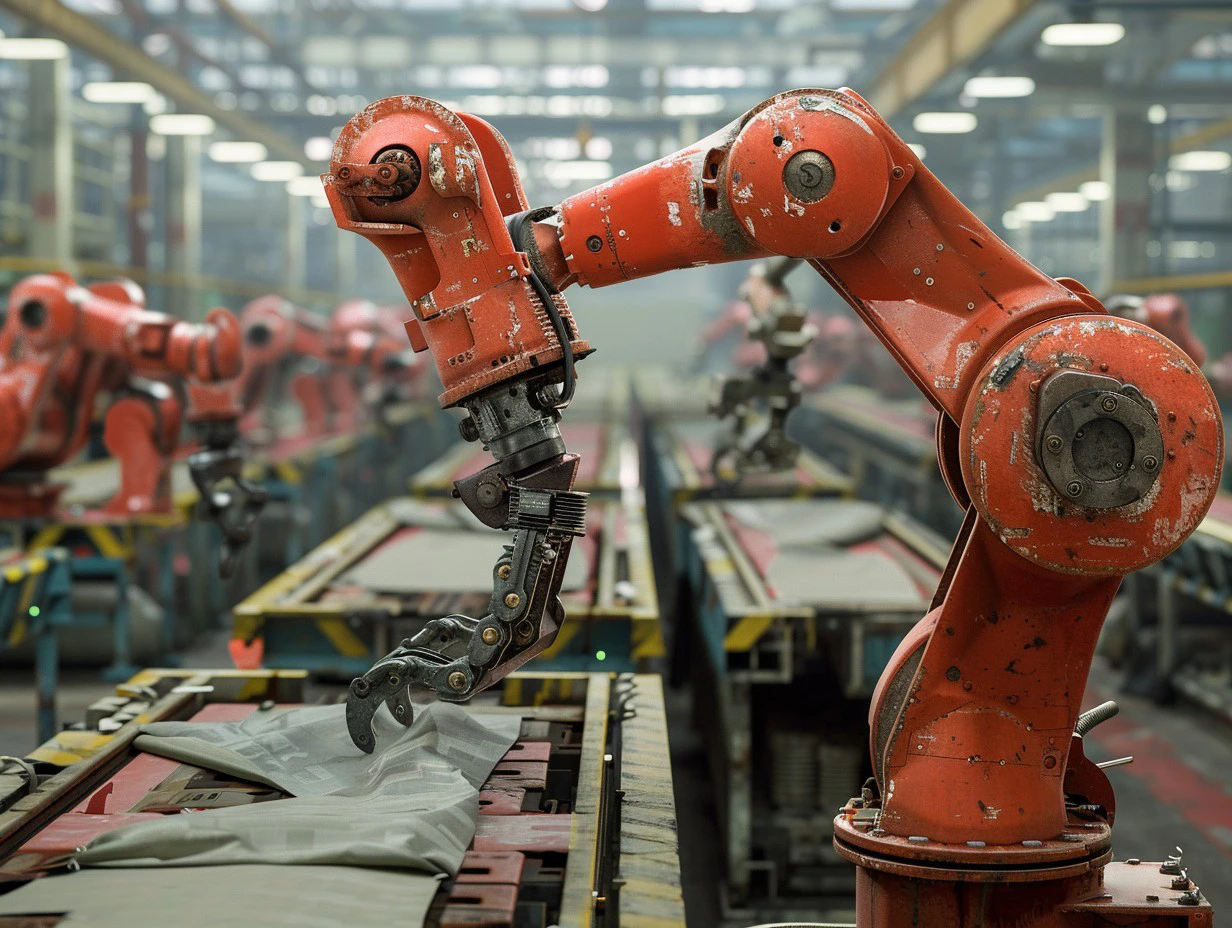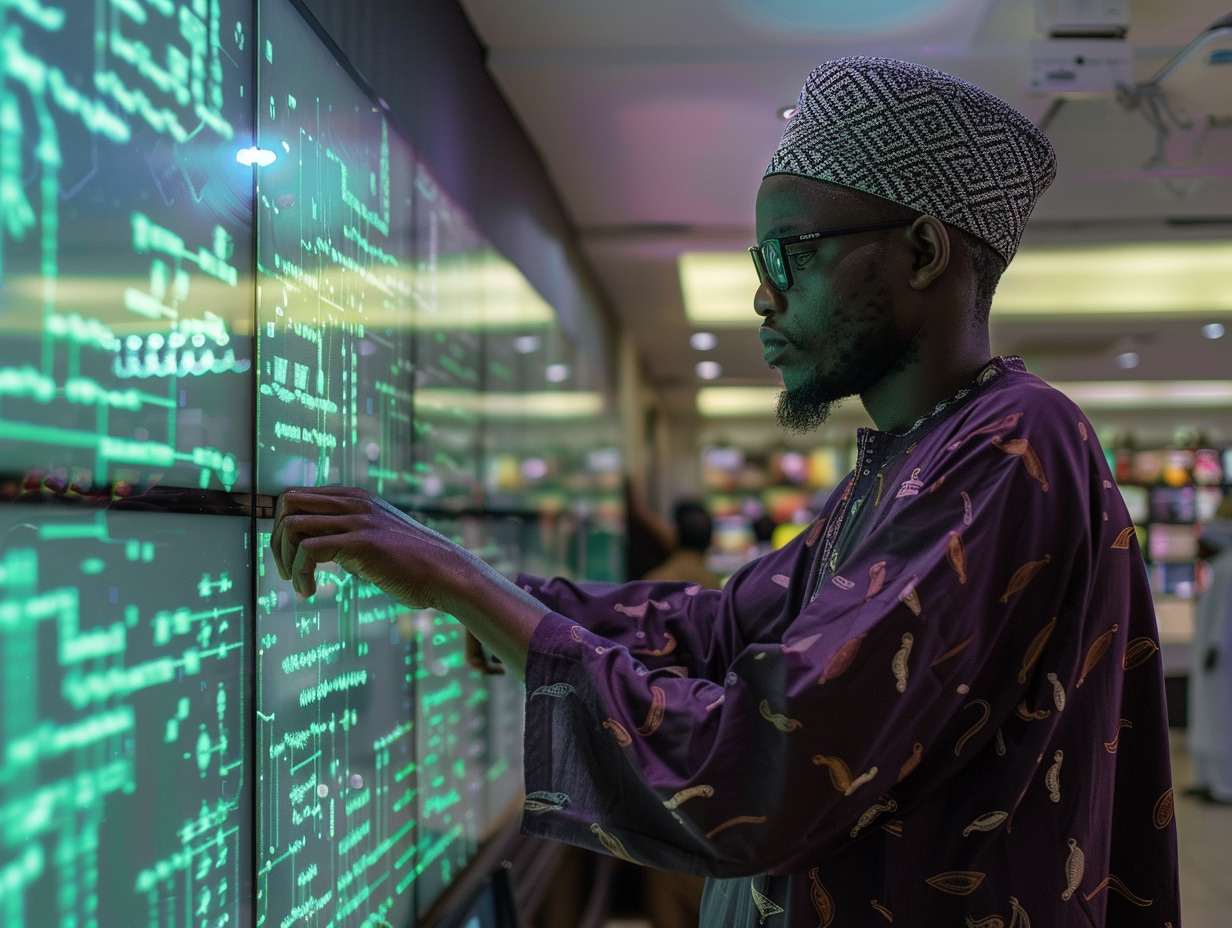Higher costs of training and inference of AI models are a major factor for startups when they decide on their client pricing strategies. In China, businesses are used to steeply cutting down their prices to attract consumers; now, the same is true with AI.
The AI sector also observes a deep discounts saga as the country’s tech giants compete head-to-head. Different sectors of the Chinese consumer economy are racing against global and national competitors by offering discounts beyond the capacity of their global counterparts.
Chinese Tech Giants Are Slashing Prices
TikTok owner ByteDance created extremely low prices for LLM offerings for enterprise users. For its top-of-the-line Doubao Pro LLM, the company said it would charge $0.0001 (0.0008 yuan) per 1,000 tokens. ByteDance claimed that its price is 99% lower than what others are offering on average for industry users.
Also read: China Has Not yet Had Its ChatGPT Moment, Says Kai-Fu Lee
Soon after ByteDance announced the discounted rates, other companies lowered their prices. Alibaba cut prices by 97% for some of its LLM models from the Qwen series, also known as Tongyi Qianwen. Liu Weiguang, president of the public cloud business at Alibaba, said,
“We have lowered the threshold for enterprises to use LLMs better and faster and for industries to create LLM-powered applications in the real world.”
Alibaba is the biggest Chinese cloud computing service provider. The Chinese search giant Baidu also announced that its Ernie Speed and Ernie Lite LLMs will be available free of cost immediately. Chinese AI services are already priced lower. Baidu charges $8.32 monthly for Ernie Bot 4.0; by comparison, OpenAI charges $20 monthly for ChatGPT Plus.
AI Surrounds Chinese Innovation
The industrial adoption of Chinese AI models has increased significantly. Many analysts consider AI a key component of deriving innovation and reviving the economy. Previously, China focused on cloud computing and blockchain technology, but now, AI is the tech on which every sector is pinning its innovation.

A recent JPMorgan report highlighted that AI is disrupting Healthcare, the electric vehicle (EV) market, and power consumption in China. The report noted that AI is used in medical imaging, drug discovery, and diagnosis in the healthcare industry. The first drugs developed with AI have entered clinical trials. Yang Huang, China health care Research at JPMorgan Securities, said,
“The innovative drug market for chronic diseases is still dominated by multinational pharmaceutical companies, but we expect domestic players to play catch-up by increasing R&D in this therapeutic area. AI is set to become increasingly important to drug discovery.”
JPMorgan noted that Chinese automakers revealed their latest EV models at the Beijing Auto Show. According to the report, the competition in the EV industry is also focused on AI, especially how it can support autonomous driving.
Also read: Is China Still Relying on US AI Tech?
Nick Lai, Head of China Equity and Asia Autos Research at JPMorgan, said that future EVs will be more like smart phones on four wheels. He said self-driving technology will become increasingly important to companies in attracting young customers.
JPMorgan said that China’s grid and electrical company stock value has increased 20% in the year to date. Investors appreciate electrical equipment’s structural growth, as AI adoption creates demand for more energy. This increased electric consumption will support demand for electrical equipment such as switch gears and transformers. According to JPMorgan, AI may see 10x growth in power demand by 2026.
The Government of China Subsidizes AI Startups
According to reports that surfaced in March, the Chinese Government is taking measures to support AI startups. Chinese AI startups have been under pressure since the US banned chips and processor exports to China. The Chinese Government is supporting AI companies through several city administrational bodies, including Shanghai. They offer computing vouchers to AI startups to subsidize their LLM training costs.

The Financial Times reported that the vouchers are worth between $140,000 and $280,000. The initiative addresses the increasing data center costs and limited supply of Nvidia graphic processor units. An analyst at research group 86Research, Charlie Chai, said,
“The voucher is helpful to address the cost barrier, but it will not help with the scarcity of the resources.” Source: Financial Times.
The trouble for Chinese AI startups also increased because giants like ByteDance, Alibaba, and Tencent have limited the rental capacity of Nvidia GPUs. They prioritized their in-house model training due to the United States’ export restrictions.
Analysts believe these vouchers can only partially help, as the Chinese AI industry’s limited supply of GPUs remains a concern. The Government is helping to reduce computing costs by 40% to 50% for AI companies that rely on domestic chips. China wants to increase self-reliance, so it is building state-run data centers and cloud services to support new AI startups.
Cryptopolitan reporting by Aamir Sheikh





